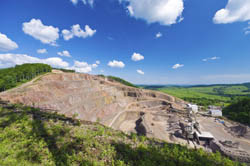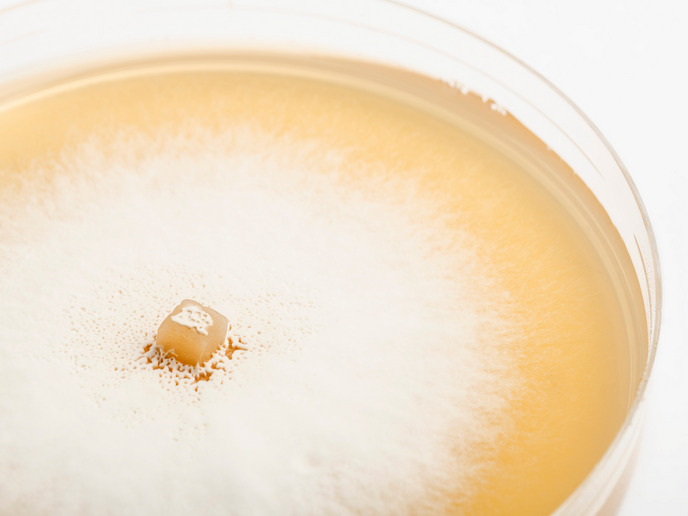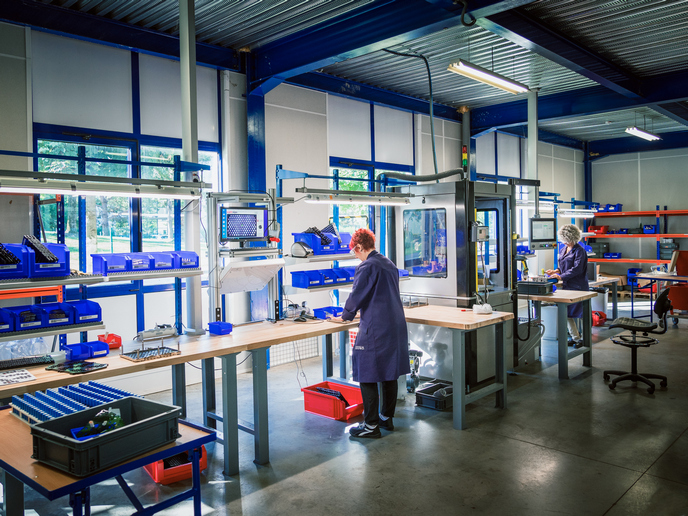Towards cleaner soils
Organic contaminants and heavy metals pollute approximately 250 000 European sites. Current chemical and biological soil remediation techniques are expensive and do not permanently remediate contaminated soils. The UPSOIL (Sustainable soil upgrading by developing cost-effective, biogeochemical remediation approaches) project developed new technologies to treat polluted sites by destroying organic contaminants. UPSOIL team members investigated chemical oxidation of soil to degrade organic pollutants. Active treatment is followed by a recovery period, when microbial population changes should further decrease organic contamination and heavy metals in the soil. Researchers designed a new soil remediation probe that releases decontamination agents through injection and simultaneously records pollution levels. UPSOIL filed a patent application to protect the innovative system for future commercialisation. Other UPSOIL work developed techniques to decrease overall costs and improve the sustainability of soil remediation processes. These include remedial agents that target specific contaminants to limit effects on the soil, and methods for coupling synergistic decontamination technologies. The UPSOIL initiative was the first step in development of a new technology for efficient and sustainable soil remediation in Europe. This will have a knock-on effect on public health, ecosystem services and economic development.
Keywords
Decontamination, organic contaminants, heavy metals, soil remediation, biogeochemical







